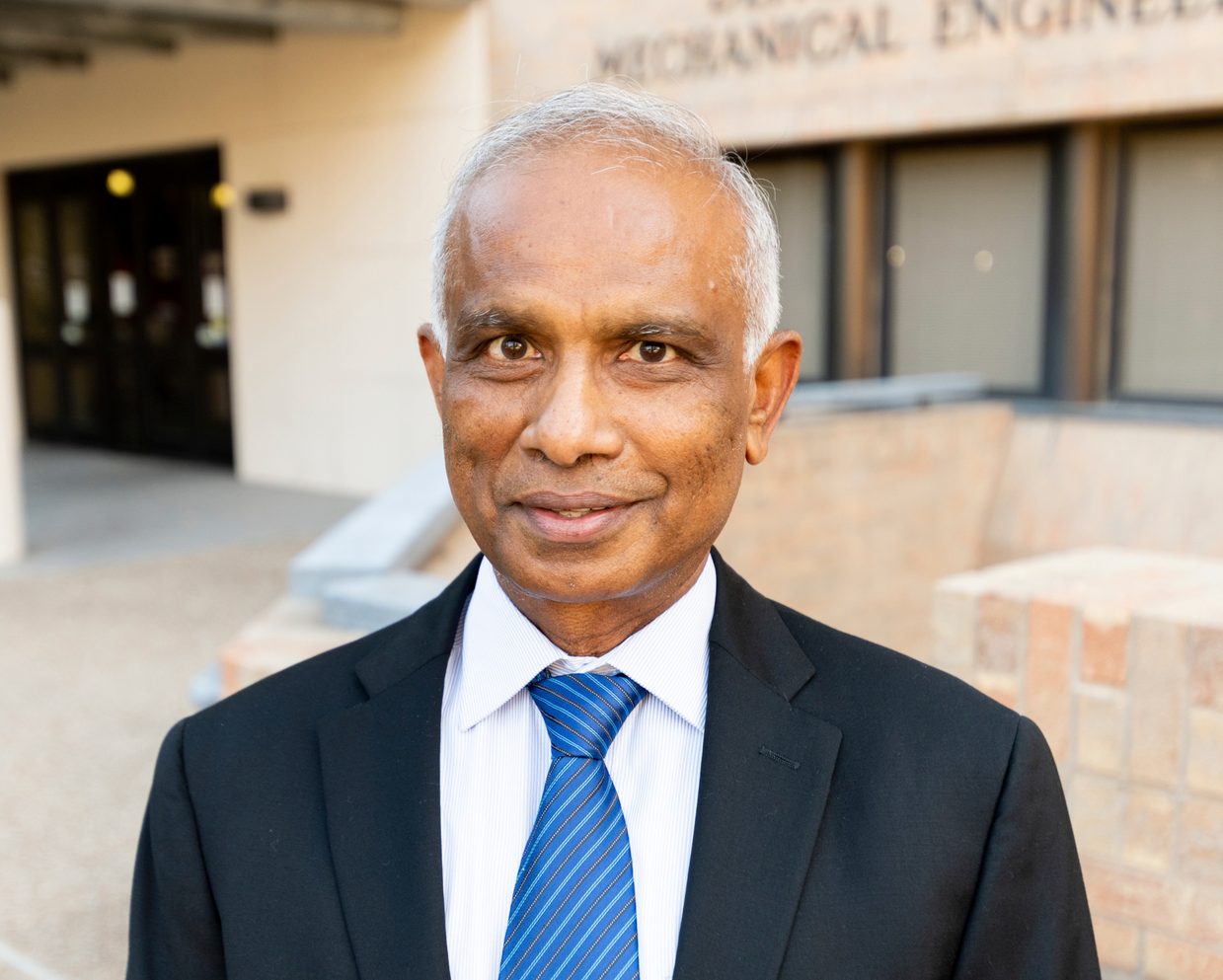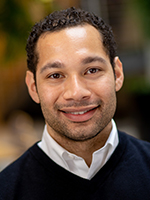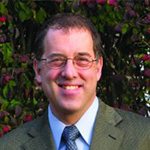ECS National Capital Section Hosts: “Atomic-scale Insights into Electrocatalyst Structure and Function”
Posted on August 25, 2023 by Jennifer TarantinoRegister for Dr. Shoji Hall’s September 14 Webinar
Join the ECS National Capital Section webinar on Thursday, September 14, 2023, from 1200-1300h ET, when Dr. A. Shoji Hall of Johns Hopkins University presents his work on “Atomic-scale Insights into Electrocatalyst Structure and Function.”
Speaker: Dr. A. Shoji Hall
Assistant Professor
Department of Materials Science and Engineering
Johns Hopkins University
Date: September 14, 2023
Time: 1200-1300h ET (more…)
The ECS Pacific Northwest Section Partners with the Oregon Center for Electrochemistry to Host Fall Meeting
Posted on August 11, 2023 by Jennifer TarantinoSection’s 2023 Annual Conference
The ECS Pacific Northwest Section is hosting a joint electrochemistry conference with the Oregon Center for Electrochemistry (OCE) from September 21 – 22, 2023, on the University of Oregon (UO) campus in Eugene, OR. The conference is free to attend with pre-registration, and participants are welcome to present their work in a lively poster session.
Register Today!ECS Detroit Section Hosts: “From Atoms to Devices – Multiscale Modeling the interfaces in Solid-State Batteries”
Posted on August 4, 2023 by Frances Chaves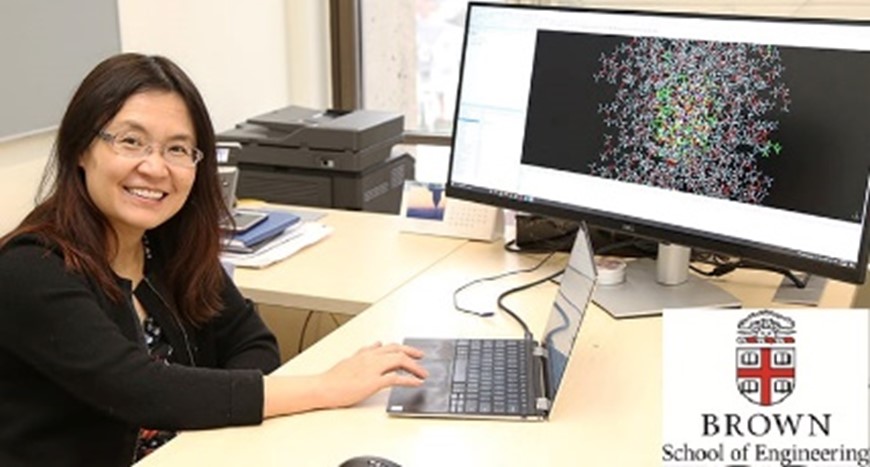 Register for Prof. Yue Qi’s August 23, 2023, seminar
Register for Prof. Yue Qi’s August 23, 2023, seminar
The ECS Detroit Section invites you to an in-person seminar with Prof. Yue Qi from the Brown University School of Engineering. (more…)
ECS Webinar: “Model-based BMS for current and next-generation batteries”
Posted on July 18, 2023 by Kellie Gilbert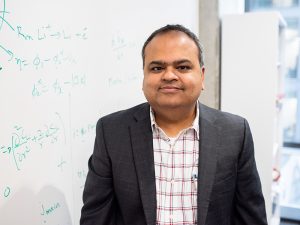 Dr. Venkat Subramanian
Dr. Venkat Subramanian
Ernest Dashiell Cockrell II Professor of Engineering
Walker Department of Mechanical Engineering & Material Science Engineering
Affiliated Faculty, Oden Institute for Computational Engineering & Sciences
Texas Materials Institute
The University of Texas, Austin
Date: August 2, 2023
Time: 1300–1400h ET
Sponsor: BioLogic, TA Instruments – Waters, Hiden Analytical
ECS Sponsors 2023 Case Western Reserve University Annual Electrochemical Measurements Workshop
Posted on June 22, 2023 by Frances ChavesPresented by Prof. Daniel A. Scherson and Prof. Andrew A. Gewirth from August 7-11, 2023
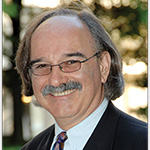
Daniel A. Scherson
Event info
Annual Workshop on Electrochemical Measurement
The Hybrid Edition: Theory and Hands-On Experiments
Principal lecturers
Daniel A. Scherson
Professor
Case Western Reserve University
Andrew A. Gewirth
Professor
University of Illinois at Urbana-Champaign
New Award Opportunities in Transformative Approaches to Educating the Semiconductor Workforce
Posted on June 20, 2023 by Frances Chaves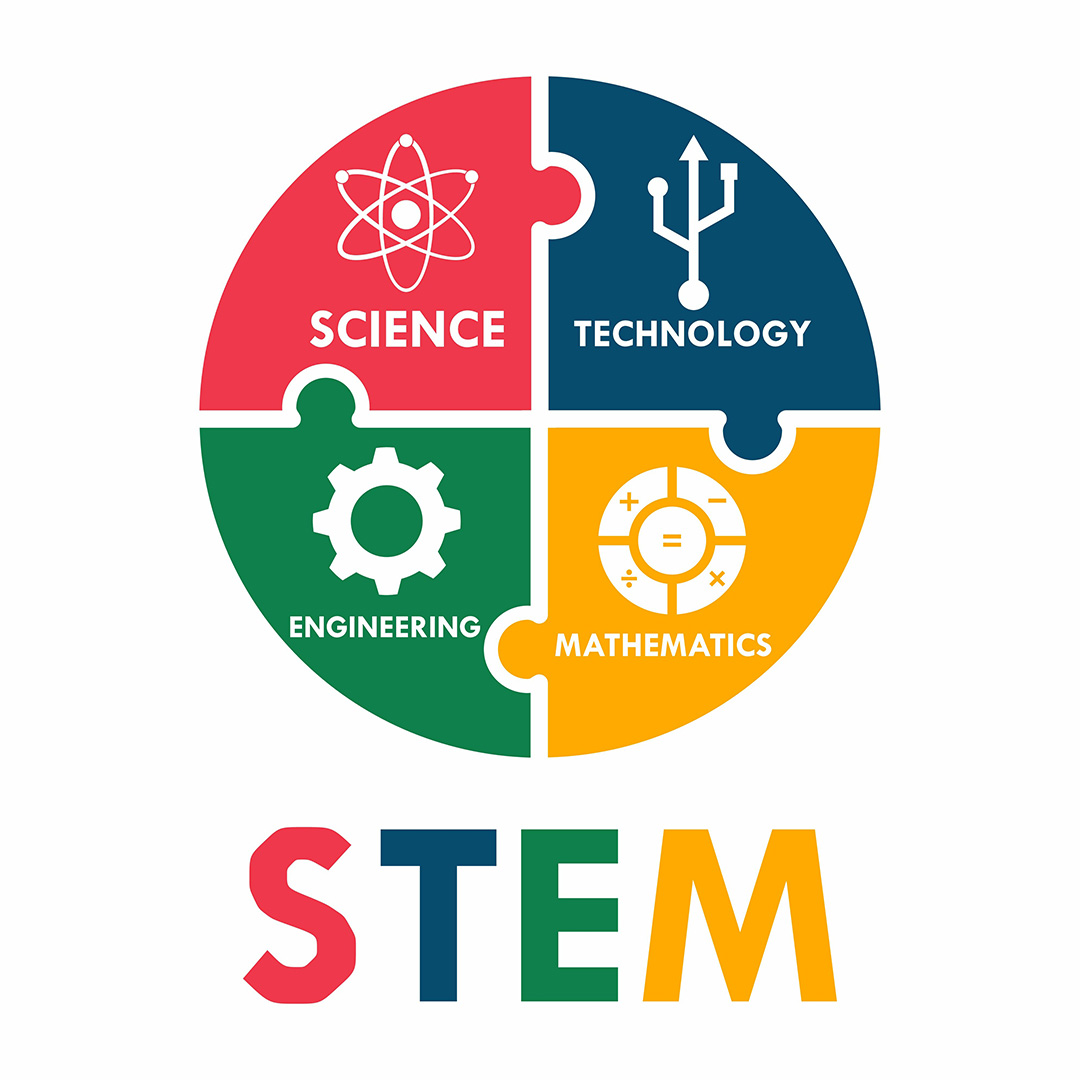 The Directorate for Stem Education of the National Science Foundation (NSF) has announced new award opportunities for FY 2023 and FY 2024 in two programs, Improving Undergraduate STEM Education (IUSE) and Experiential Learning for Emerging and Novel Technologies (ExLENT).T
The Directorate for Stem Education of the National Science Foundation (NSF) has announced new award opportunities for FY 2023 and FY 2024 in two programs, Improving Undergraduate STEM Education (IUSE) and Experiential Learning for Emerging and Novel Technologies (ExLENT).T
According to the June 13, 2023, “Dear Colleague Letter” (DCL Document number nsf23118), these efforts are intended to build on or leverage strong industry-academic partnerships to strengthen the semiconductor manufacturing workforce by advancing and supporting the development of a skilled STEM workforce in advanced memory manufacturing and/or semiconductor manufacturing and design. The goal is to meet the critical need to expand domestic “semiconductor research and development, design, and manufacturing” and fill the talent shortage in the domestic semiconductor industry through inclusive and equitable STEM education opportunities.
NSF Program Provides Excellence in Research Grants to Historically Black Colleges and Universities
Posted on June 14, 2023 by Frances ChavesLetter of intent due July 13, 2023
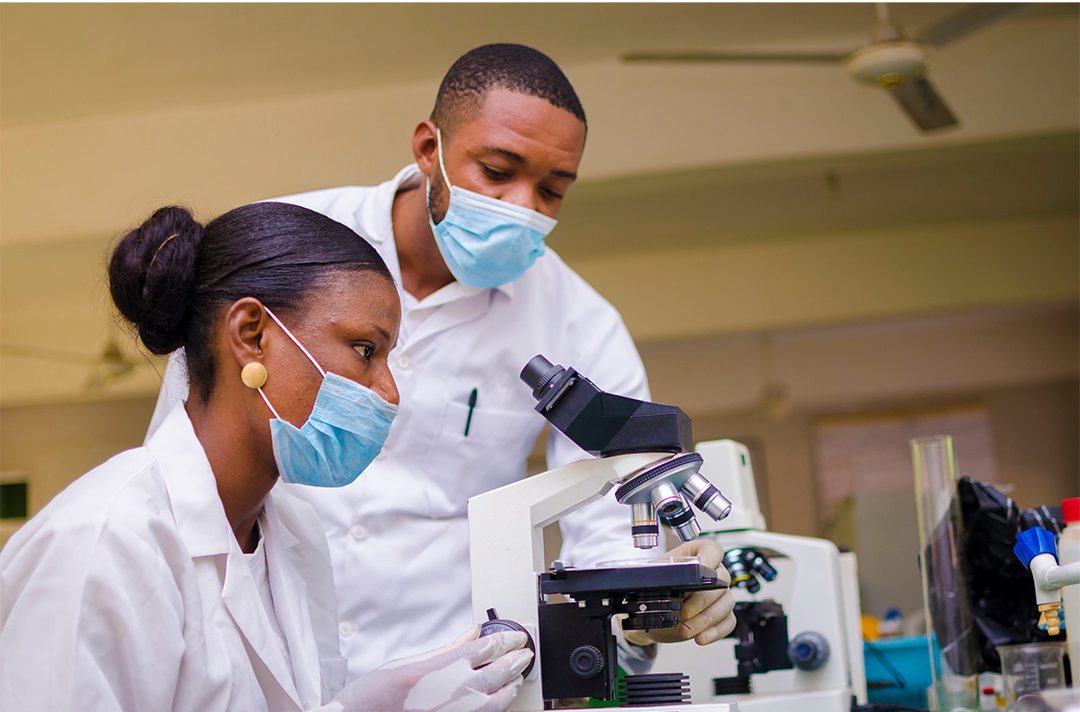 The Historically Black Colleges and Universities (HCBU) Excellence in Research Program (HBCU-EiR) provides opportunities to stimulate sustainable improvement in research and development capacity. HBCU-EiR grants seek to create stronger connections between HBCU researchers and the National Science Foundation (NSF) by funding research projects aligned with NSF’s research programs.
The Historically Black Colleges and Universities (HCBU) Excellence in Research Program (HBCU-EiR) provides opportunities to stimulate sustainable improvement in research and development capacity. HBCU-EiR grants seek to create stronger connections between HBCU researchers and the National Science Foundation (NSF) by funding research projects aligned with NSF’s research programs.
The program was established in response to direction provided in the Senate Commerce and Justice, Science and Related Agencies Appropriations Subcommittee Report (Senate Report 115-139) and is built on prior and continuing efforts by the NSF to strengthen research capacity at Historically Black Colleges and Universities (HBCUs). This report provided guidance to NSF to establish the HBCU Excellence in Research program “to provide opportunities for both public and private HBCUs, particularly for those who have not been successful in larger NSF Research & Related Activities competitions, in order to stimulate sustainable improvement in their research and development capacity” (https://congress.gov/congressional-report/115th-congress/senate-report/139/1).
Learn moreECS Webinar: “Electrocatalysis for the sustainable production of fuels and chemicals”
Posted on June 12, 2023 by Kellie GilbertDr. Thomas F. Jaramillo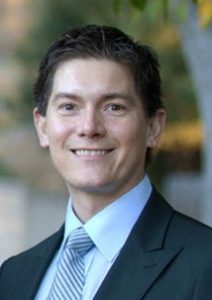
Professor of Engineering
Department of Chemical Engineering
Professor
Photon Science, SLAC National Accelerator Laboratory
Director
SUNCAT Center for Interface Science and Catalysis
Stanford University
Date: June 28, 2023
Time: 1300–1400h ET
Sponsor: Element Six
“A micro-to-nano zoom through a real-world battery with x-ray vision”– Webinar Q&A with Dr. Yijin Liu
Posted on June 6, 2023 by Kellie Gilbert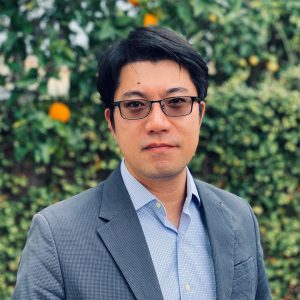 The Electrochemical Society hosted Dr. Yijin Liu’s live webinar, “A micro-to-nano zoom through a real-world battery with x-ray vision,” on May 17, 2023. Dr. Liu took audience questions during a live Question and Answer session at the end of the presentation. Kindly, he answered, in writing, questions not answered during the broadcast. See his responses below.
The Electrochemical Society hosted Dr. Yijin Liu’s live webinar, “A micro-to-nano zoom through a real-world battery with x-ray vision,” on May 17, 2023. Dr. Liu took audience questions during a live Question and Answer session at the end of the presentation. Kindly, he answered, in writing, questions not answered during the broadcast. See his responses below.
NOTE: Registration is required to view the webinar.


